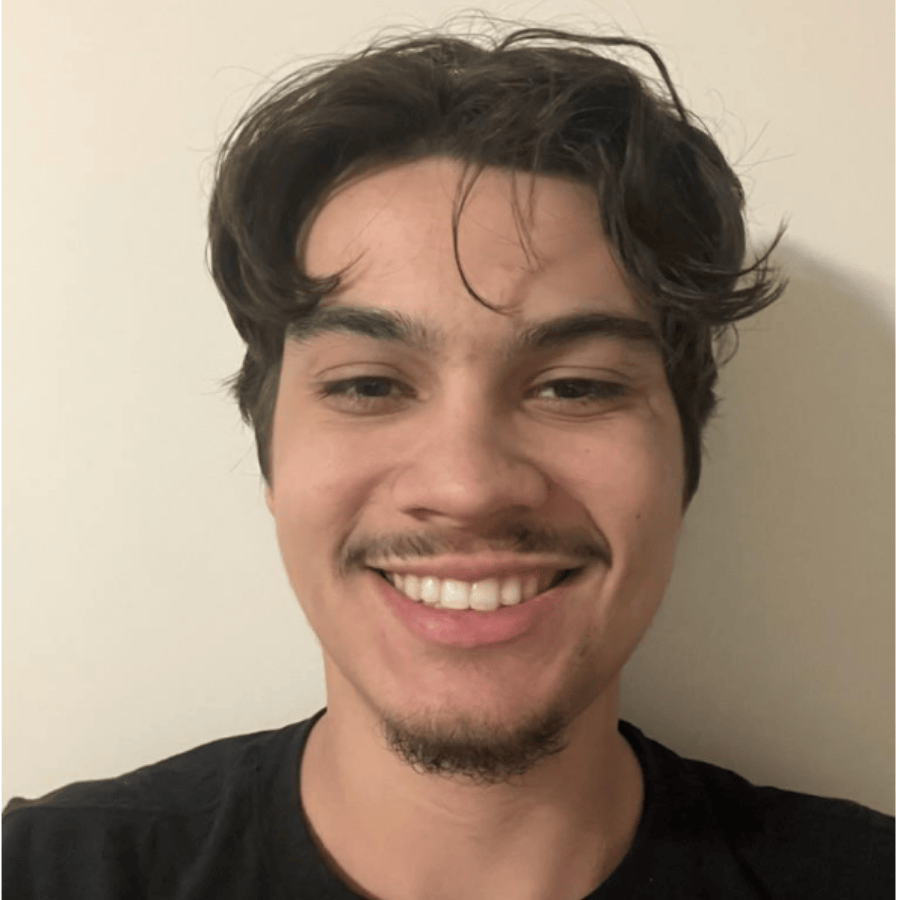Alex Hooper
Listen to my KRCL Feature:
Biography
Alex Hooper is an aspiring journalist who is currently attending the University of Utah working toward his degree in journalism. He has a deep passion for learning about current events from his perspective. Originally from Washington, he came to Utah to explore new opportunities.
Reporter's Notebook
Going into the interview for my profile feature, I knew that what I was doing was something that was going to be special. This story was going to highlight a notable figure in the sport of rugby in Utah. Coach Olive Ahotaeiloa was nearly 30, when many athletes are nearing the end of their competitive window. Instead of stepping away, she stepped deeper into the sport and got into coaching.
During the interview, I asked about the team’s biggest goals. What surprised me most was how little of the conversation revolved around winning. The Vipers were national championship runner-ups in 2024, but titles weren’t the focus. Instead, Ahotaeiloa talked about creating long-term opportunities and pathways for her athletes to reach national or international stages, even long after high school or college.
That focus carries over into how she coaches. Ahotaeiloa’s approach is rather “tough,” as she puts it, but not strict. She wants players to understand the game fully, not just follow instructions. Her players need to know why a drill matters, how to keep each other safe, and what their roles are in different phases of play.
There’s a lot people don’t see when it comes to what these athletes are balancing. Many of the Vipers players are mothers, students and work full-time. The team doesn’t have access to consistent facilities or professional-level resources, and yet they’ve built a culture of excellence through discipline and intention. They showcase this to an extent on the team Instagram page with clips of games, practices and player highlights.
It’s not always smooth. Ahotaeiloa was candid about some challenges like inconsistent practice attendance, injuries, lack of resources, and, early on, a team culture that needed reshaping. What struck me most was the attention to long-term health, both physical and emotional. Ahotaeiloa doesn't push just for the sake of performance. She pushes with intention. Every warm-up, every off-season workout is built around preventing injury and making sure players can return stronger.
Ahotaeiloa ended our conversation by calling her players “like daughters.” She didn’t say it for effect. It was simply the most accurate way to describe the responsibility she feels. Talking to her reminded me that real change doesn’t always come with headlines, but rather those that happen more under the radar.

